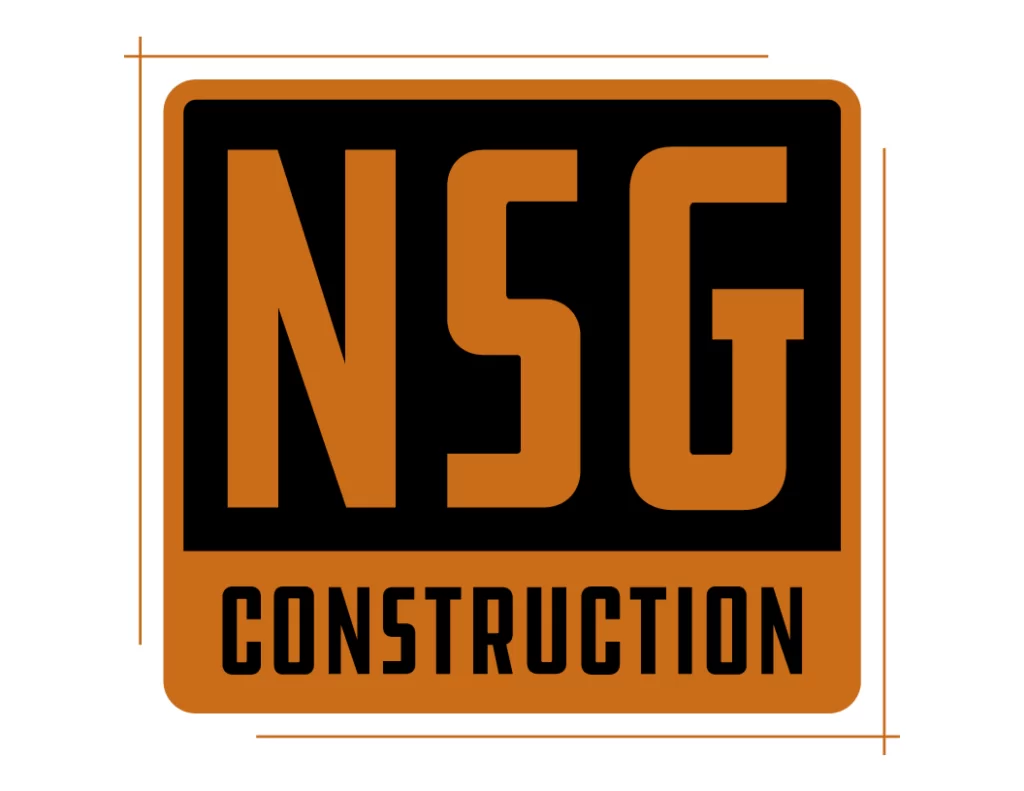When it comes to remodeling your home, whether you are updating your kitchen, bathroom, or basement, or planning a whole-house remodel, choosing the right contractor is one of the most important steps in the process. The right contractor can make your renovation go smoothly, while the wrong one can lead to delays, over budget, or poor-quality work. In this blog, we will give you ideas on how to choose the right contractor. We will cover questions to ask, red flags to watch for, and contract details to ensure your renovation project stays on track.
1. Start with Research: Look for Recommendations
The first step in choosing the right contractor is to do some research. Start by asking for recommendations from friends, family, co-workers, or neighbors who have completed similar renovations. If someone you trust has had a good experience with a contractor, that is a great place to start. You can also check online reviews but be sure to look at reviews on reliable websites like Google, Yelp, or HomeAdvisor.
When researching potential contractors, pay attention to their experience with the specific type of renovation you are planning. If you are remodeling your kitchen, for example, a contractor with extensive kitchen remodeling experience will be better suited for the job than one who specializes in bathroom renovations or general home repairs.
2. Check Qualifications and Experience
Once you have a list of potential contractors, make sure to check their qualifications and experience. A reputable contractor should be licensed, insured, and have a good track record of successful projects. Here’s what to check for:
- Licensing: In many areas, contractors need a license to perform certain types of work, especially for electrical, plumbing, or structural changes. Check with your local government to see if a license is required and verify that the contractor has one.
- Insurance: Contractors should carry insurance, including general liability and workers’ compensation insurance. This protects you in case of accidents or damage during the renovation.
- Experience: Ask the contractor how long they have been in business and whether they have experience with the type of renovation you are doing. If you are remodeling a kitchen or bathroom, you want someone who has done similar projects before.
A contractor with the right experience and qualifications is much more likely to complete the job safely and efficiently.
3. Ask the Right Questions
Before hiring a contractor, it is essential to ask several key questions to get a better understanding of their skills, work process, and reliability. Here are some important questions to ask:
- What is your experience with remodeling kitchens, bathrooms, basements, etc? Make sure the contractor has experience with the specific project you are planning, whether it’s a whole-house remodel, bathroom renovation, or kitchen update.
- Can you provide references from past clients? A trustworthy contractor should be able to provide a list of references who can speak about the quality of their work. You can also check out their portfolio to see pictures of past renovations.
- What is your projected timeline? Make sure the contractor can give you a clear timeline for your renovation, including the start and end dates. A good contractor should be able to estimate how long your kitchen, bathroom, basement, or whole-house remodel will take based on the scope of work.
- How do you handle unexpected issues or changes? Renovations can sometimes uncover hidden problems (like plumbing issues or outdated electrical wiring). Ask how the contractor handles unexpected issues and changes to the plan.
These questions will help you get a better sense of the contractor’s experience, approach, and whether they are the right fit for your project.
4. Watch Out for Red Flags
While meeting with potential contractors, be on the lookout for red flags that could indicate that they may not be trustworthy or skilled. Here are some warning signs to watch out for:
- Unclear or vague answers: If a contractor is unable to answer your questions clearly or seems to avoid giving specific details, that’s a red flag. You want a contractor who is transparent and communicative about every part of the process.
- No written estimate: If a contractor provides only a verbal estimate or refuses to give a detailed, written estimate, be cautious. A good contractor should always provide a written estimate that outlines the cost of labor, materials, and any other expenses.
- Too good to be true prices: If a contractor offers an unusually low price, be suspicious. Some contractors may offer very low prices to win your business, but they may cut corners or add unexpected charges later. Remember, quality work often comes at a fair price.
- Poor communication: Communication is key to a successful renovation. If a contractor is difficult to reach or doesn’t return phone calls or emails, it could indicate problems down the road.
If you notice any of these red flags, it’s best to move on and consider other contractors.
5. Get a Detailed Contract
Once you’ve found a contractor you’re comfortable with, it’s time to put everything in writing. A contract is an essential part of the process because it sets clear expectations for both parties and protects you from potential issues. A good contract should include:
- Scope of work: The contract should clearly outline the work that will be done. For example, if you’re remodeling your kitchen, the contract should specify the tasks, like cabinet installation, flooring, plumbing, electrical work, etc.
- Materials and brands: Specify what materials will be used in the renovation and any brand preferences. If you have specific materials in mind, like granite countertops or custom cabinets, make sure the contract includes these details.
- Timeline: The contract should include a start date, completion date, and any milestones or deadlines for different stages of the renovation.
- Payment schedule: The payment schedule should be clearly outlined. Be sure to agree on when payments will be made (e.g., a deposit upfront, followed by payments based on project milestones or completion).
- Change order process: Sometimes, changes need to be made during a renovation. The contract should include a process for handling changes to the original plan and how those changes will affect the cost and timeline.
- Warranties: Make sure the contract includes details about warranties for labor and materials. A good contractor should stand behind their work and offer warranties for both the work they perform and the materials they use.
Having a clear, detailed contract is essential for ensuring that both you and the contractor are on the same page about what’s expected during the renovation.
6. Check the Contractor’s Reputation
Before making your final decision, check the contractor’s reputation with local agencies. You can verify their credentials with:
- Better Business Bureau (BBB): Check for complaints or disputes with past clients.
- Online reviews: Look at reviews on trusted websites to see how other homeowners feel about their work.
- State licensing board: If your area requires licensing, check with the state or local licensing authority to ensure the contractor is in good standing.
Doing these checks will help you make an informed decision and ensure you’re hiring a trustworthy professional constructor like NSG Construction.
Choosing the right contractor for your home renovation, whether it’s remodeling your kitchen, bathroom, or basement, or doing a whole-house remodel, is one of the most important decisions you will make. By doing thorough research, asking the right questions, and being mindful of red flags, you can find a skilled and trustworthy contractor who will help bring your vision to life. Be sure to get everything in writing in a clear, detailed contract to protect yourself and ensure your project stays on track. With the right contractor by your side, your home renovation will be a success!




